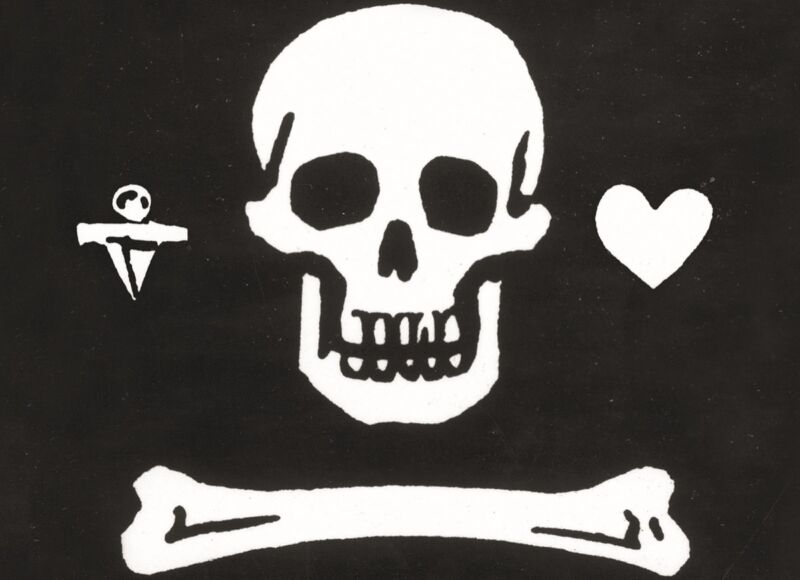
Enlarge
/
An 18th-century fire engine designed and built by Richard Newsham, purchased in 1728 for St Giles Church, Great Wishford, UK. (credit:
Trish Steel/CC BY-SA 2.0
)
When Don Lemon, a physicist at Bethel College in Kansas, encountered an 18th-century fire engine designed by English Inventor
Richard Newsham
on display at the
Hall of Flame
museum in Phoenix, he was intrigued by its
pump mechanism
. That curiosity inspired him to team up with fellow physicist Trevor Lipscombe of Catholic University of America in Washington, DC, to examine the underlying fluid mechanics and come up with a simple analytical model. Their analysis, described in a new paper published in the American Journal of Physics, yielded insight into Newsham's innovative design, which incorporated a device known as a "windkessel."
A quick Google search on the "
windkessel effect
" yields an entry on a physiological term to describe heart-aorta blood delivery, dating back to the man who coined it in 1899: German physiologist
Otto Frank
. "Windkessel" is German for "wind chamber," but the human circulatory system doesn't have a literal wind chamber, so Frank's use was clearly metaphorical. However, there are earlier English uses of the wind chamber terminology that refer to an airtight chamber attached to a piston-driven water pump to smooth the outflow of water in fire engines like those designed by Newsham, per Lemon and Newsham.
Rudimentary firefighting devices have been around since at least 2 BCE, when Ctesibius of Alexandria invented the first fire pump; it was re-invented in 16th-century Europe. Following the
1666 fire
that destroyed much of London, there was a pressing need for more efficient
firefighting
strategies. This eventually led to the invention of so-called "sucking worm engines": leather hoses attached to manually operated pumps. John Lofting is
usually credited
with inventing, patenting, and marketing these devices, which pulled water from a reservoir while the hose ("worm") enabled users to pump that water in a supposedly continuous stream, the better to combat fires. But nothing is known of his sucking worms after 1696.
 chevron_right
chevron_right







